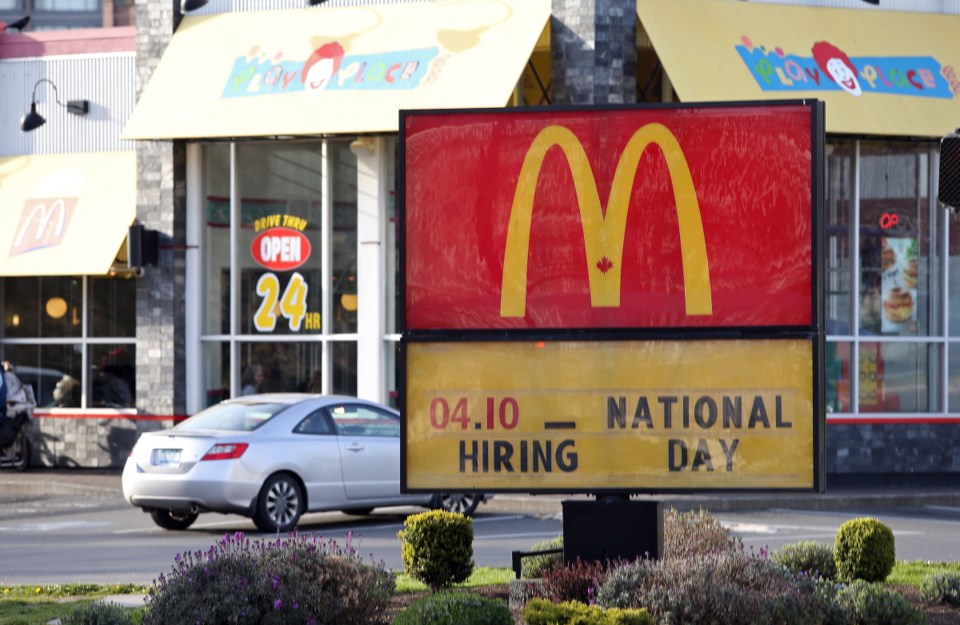Restaurants Canada says businesses in certain regions of the country will be hurt by the new federal moratorium on temporary foreign workers in the food services sector.
“In areas of the country with severe labour shortages, the TFW program is vital, allowing restaurants to remain in business and to continue to provide jobs for their Canadian employees,” Garth Whyte, president and CEO of Restaurants Canada, said in a statement to members today.
“The majority of restaurant operators using the program operate in complete compliance and it is unfortunate that their businesses and employees will be hurt by this broad-stroke approach.
“Albertans in particular will remember what it was like a few years ago to find restaurants closed because of a shortage of workers.”
Canadian Employment Minister Jason Kenney announced Thursday that the food services sector will not be able to use the program until the government carries out a review.
Kenney’s decision was prompted by complaints that some major fast-food employers were abusing the program and cutting the hours of Canadian workers in favour of foreign workers. Three McDonald’s in Victoria have been blacklisted by the federal government.
The national restaurant association said members employ 1.1 million Canadians and that about two per cent of employees are temporary foreign workers.
The B.C. Federation of Labour isn’t happy either, saying the federal move fails to protect current temporary foreign workers from abuse and will not put unemployed Canadians back to work.
“Every week we hear more stories of abuse of temporary foreign workers by employers while at the same time Canadian residents are losing their jobs,” Federation president Jim Sinclair said in a statement. “Minister Kenny must act immediately to end the use of TFWs in lower-wage categories jobs such as childcare, cleaning, hair-dressing and retail work.”
The federation is calling on the federal government to give all temporary foreign workers a route to residency through Immigration Canada. It also wants the program restored to its original aim of filling short-term, high-skilled positions.
The B.C. government should establish a provincial registry of employers, the federation said.
Frank Bourree, a principal at Chemistry Consulting in Victoria, said there is a lot of misinformation about the program. The federal response was “knee-jerk,” he said.
“Not all employers are abusing the program and there are legitimate labour shortages geographically.”
Chemistry has been running a foreign worker recruitment service since 2007 and has brought in hundreds of workers, mainly from the Philippines.
These workers go to places where there is high demand and a shortage of skilled labour, such as Fort McMurray, Tofino, Whistler and the Kootenays, Bourree said. Jobs include housekeepers in hotels, chefs, and limo and bus drivers.
He does not understand how McDonald’s restaurants in Victoria received federal approval to bring in temporary foreign workers, given that this is an urban setting. There are about 700 temporary foreign workers in the capital region, working in a number of job categories.
There is a “tremendous” shortage of cooks and chefs across Canada, Bourree said.



